Megan’s Notes:
At a recent appointment, a nurse practitioner who was treating my eleven year old son started asking him leading questions about his daily habits and criticizing his body. I sat to the side, very quickly escalating toward contempt as seething rage flowed just below the surface of my skin, and right before I stood in front of my son and asked this woman to leave the room, Elliot said (in a fully confident voice), "Excuse me. But I don't appreciate how you're talking about my body! You are acting like there is something wrong with me, but I know my body is good. So please stop!" And he put both hands up to fully emphasis his lack of consent to continue the discussion in this way.
My emotional state changed immediately. I sat up straighter, not with indignation, but filled a mix of with love and admiration for and hurting with my son.
I often teach about the five different dimensions of personhood - body, mind, heart, soul, and spirit. My opinion is that, in our society, the body is the most devalued, dismissed, and demonized of these dimensions. Which is so crazy, isn't it? Since it gives us awareness, access, and choice around the other four.
Theresa Silow says, “The body is not a thing we have, but an experience we are.” Embodiment then, can most simply be described as the experience of being a body. As coaches, embodiment expands even further beyond an experience to a skill and a practice that brings us into this present moment, enables us to feel our emotions and sensations fully, and carries us to an awareness of what needs to be paid attention to - resulting in experiences of aliveness and connection.
And emotions, as volatile and dynamic as they are, are so incredible! The way they give us information about what we want and don't want and how we feel safe or brave or ready is such a gift. We don't get a body without emotions, and we don't get emotions without a body. And both are just so good!
By practicing focusing our attention and curiosity on embodied emotion for yourself, you will be able to better access your intuition, empathy, and the range of aliveness you can experience. The things that most often get in the way of this is our own traumas that we still hold in our bodies, the conditioning that we receive around narratives about our bodies, how we carry those narratives and craft them into stories that we tell ourselves about our bodies and emotions. One way of undoing this faulty wiring and dysfunctional learning is by toning your vagus nerve.
Here are four easy ways that you can start toning your vagus nerve immediately:
Deep diaphragmatic breathing
Singing and humming
Meditation and prayer (especially ones that focus on lovingkindness, gratitude and wonder)
Washing your face with cold water
Try creating your own vagal toning ritual each morning or evening. By taking five minutes each day to specifically focus on toning your vagus nerve, you will dynamically impact your ability to sense and identify embodied emotion more quickly and regulate the use of that emotion toward something good.
Affirmation:
“I accept the body that I have as good and worthy of attention and curiosity. I honor it in this state by speaking to and about it with lovingkindness.“
